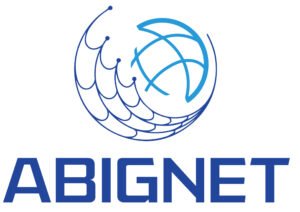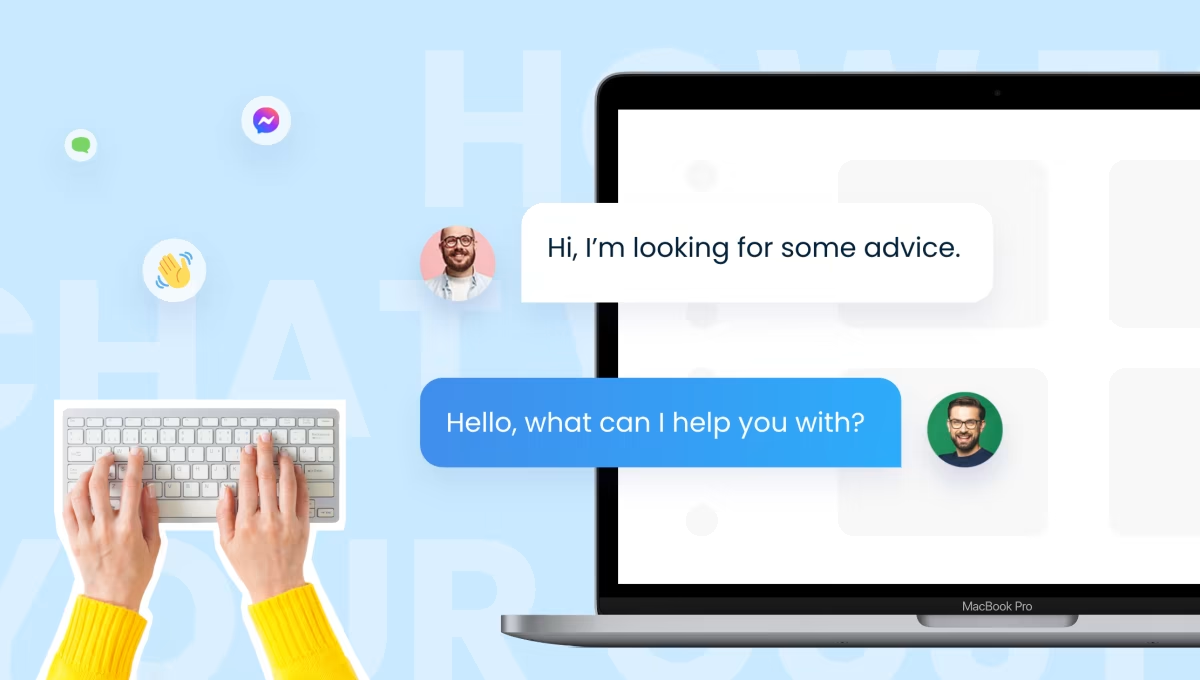In today’s era of digital transformation, automated chat services, or chatbots, have become a common feature across a multitude of industries, markedly changing the way businesses interact with their customers. These virtual assistants are instrumental in providing quick and efficient customer service, especially evident in sectors such as financial services, retail, travel, and telecommunications. By handling routine inquiries and transactions, chatbots can significantly reduce wait times and improve customer satisfaction.
However, despite their advantages, chatbots are not without their limitations and challenges. They can sometimes struggle with understanding complex queries, leading to frustration from users who are then forced to repeat themselves or seek assistance through other, potentially slower, channels. Furthermore, the impersonal nature of chatbots can detract from the customer experience, especially in situations that require a human touch or empathy.
Given these constraints, it is crucial for businesses to carefully consider when and where to implement chatbot technology on their websites. Blindly deploying webchat services without a strategy can lead to customer dissatisfaction and could potentially tarnish a brand’s reputation. By identifying specific tasks and queries that chatbots can handle efficiently, and ensuring that there are clear pathways for escalation to human agents when necessary, businesses can avoid many of the pitfalls associated with their use.
Ultimately, aligning the use of chatbots with your brand ethos and operational goals ensures that this technology enhances rather than detracts from the customer service experience. It’s about striking the right balance between automated efficiency and human empathy to meet and exceed customer expectations.
Significant Investment
For businesses contemplating the inclusion of chatbots, the initial investment and ongoing development efforts can be substantial. Deployments yielding significant returns typically involve companies that manage thousands of customer interactions daily, supported by large contact centers. If your business does not operate on such a scale, investing in automated chat services might not deliver the impactful ROI for which you are aiming. This consideration is crucial for business executives and CIOs weighing the cost-benefit ratio of implementing such technology.
The Challenge with Sales Applications
While customer service applications via chatbots show promise and effectiveness, leveraging them for sales purposes presents a distinct set of challenges. The nuance of sales conversations often requires a human touch to interpret customer needs, handle objections, and close deals—nuances that current chatbot technologies struggle to master. Marketing managers and sales teams should consider alternative digital engagement strategies that better capture the dynamic nature of sales interactions.
Privacy and Security Concerns
In industries where consumer trust is paramount, especially retail, the use of chatbots for customer communications warrants a cautious approach. Data security and privacy issues are top concerns among consumers today. Relying on chatbots for sensitive customer interactions may inadvertently expose businesses to data breaches or misuse of customer information, undermining trust, and loyalty.
The Limitations of Language and Understanding
One of the most evident drawbacks of automated chat services is their reliance on pre-defined data sets for training. Complex or nuanced queries often stump these virtual agents, resulting in irrelevant or incorrect responses. Furthermore, a simple typo by the user can derail the conversation, leading to frustration rather than resolution. Sales and marketing managers should take note: some customers prefer a human interaction, valuing the individualized touch and understanding that comes from real conversational exchanges.
Emotional Intelligence: The Human Advantage
A significant gap in the capabilities of chatbots is their inability to empathize and respond appropriately to human emotions. In situations where customers seek understanding, compassion, or empathy, chatbots fall short, potentially exacerbating customer dissatisfaction. Businesses aiming to build strong, empathetic relationships with their clients must recognize the limitations of chatbots in handling emotionally charged or sensitive situations.
The Risk of First Impressions
First impressions matter significantly in the digital world. A negative initial interaction with a chatbot can tarnish a potential customer’s perception of your brand, leading them to seek alternatives without giving your company a second chance. This risk is notably high if the chatbot serves as the first point of contact on your website. It is vital for businesses to ensure that their chatbot interactions are designed to be as intuitive, informative, and engaging as possible. Failures in these areas can result in lost opportunities and lasting damage to brand reputation.
The Bottom Line
Implementing a chatbot is not a decision to be made lightly. It requires careful planning, substantial development, and ongoing training to ensure the chatbot meets customer needs and conversational flows effectively. For many businesses, especially those outside the scope of service-heavy industries or without the scale of operations necessitating automated customer service solutions, the investment in chatbots may not justify the returns.
Business executives, CIOs, and website owners should evaluate the specific needs of their operations, the preferences of their customer base, and the unique value proposition of their brand before deciding to implement chatbots. In many cases, fostering strong human customer service capabilities may offer greater benefits, strengthening customer relations and driving loyalty in ways that automated solutions cannot replicate.
For more information on integrating webchat technology into your business, or to discuss how webchat can be tailored to meet your specific needs, please don’t hesitate to get in touch. To discover how Abignet Chatbot Services can assist you, please Contact Us.

